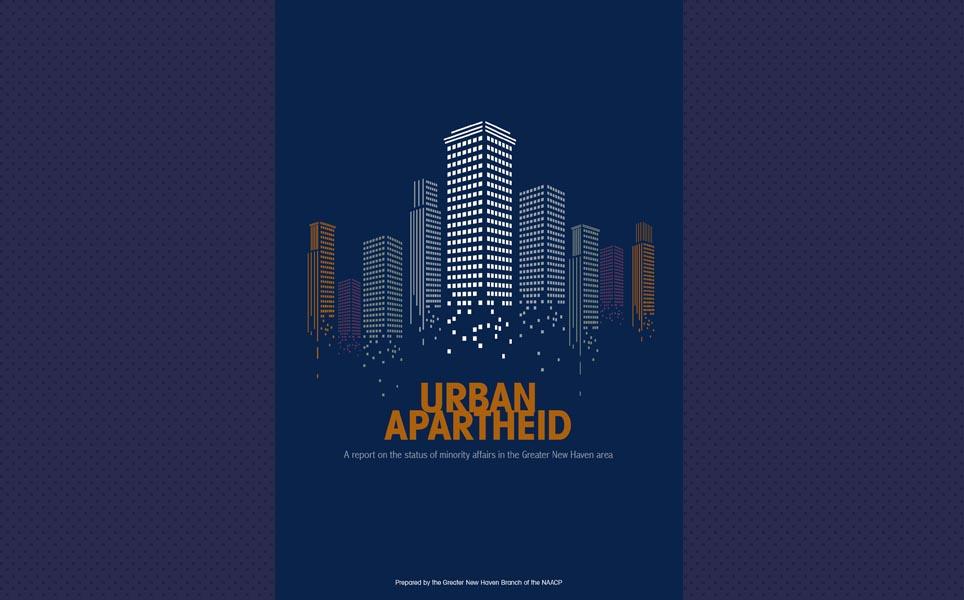Beginning in September 2012, Greenwich Hospital led a comprehensive Community Health Needs Assessment (CHNA) to evaluate the health needs of individuals living in the hospital’s Service Area. The purpose of the assessment was to gather information about local health needs and health behaviors. The assessment examined a variety of indicators including risky health behaviors (alcohol use, tobacco use, etc.) and chronic health conditions (diabetes, heart disease, etc.).
Document:
greenwich_hospital.pdf




